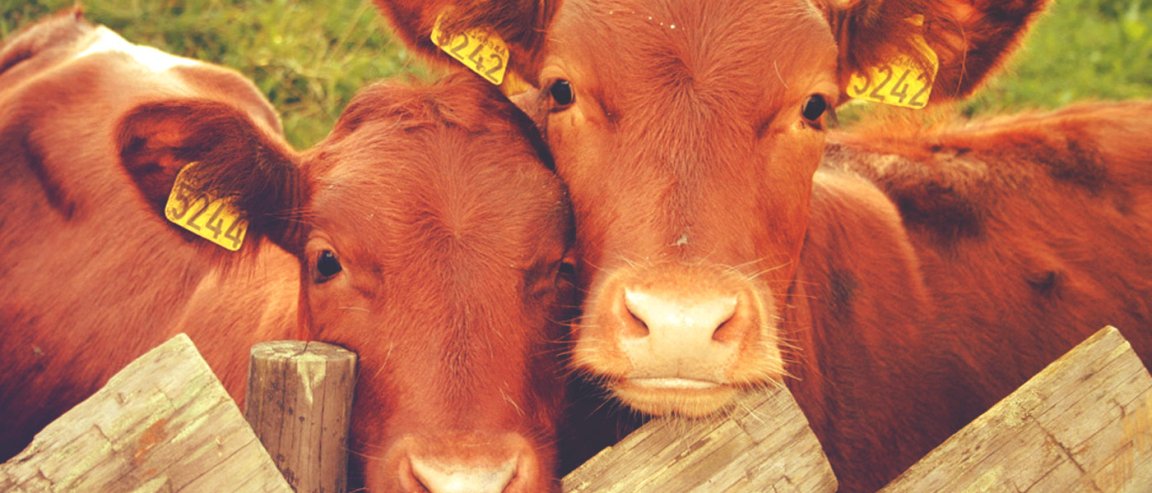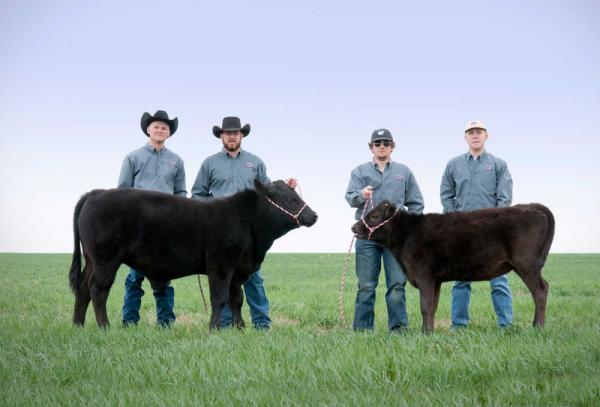
Well Done
Still drooling over the best steak you’ve ever had? Researchers from Texas are working to make high-quality beef more accessible with the use of cloning technology. Their aim is to use this technology to improve the yield and quality of beef cattle.
Dr.Ty Lawrence, director of the University Meat Laboratory at the West Texas A&M University, discussed the study he conducted regarding cloning in an interview with Texas Standard. Lawrence teaches both undergraduate and postgraduate courses at the university which focus on the science of meat. They conclude that combining cloning technology with breeding could help farmers improve beef yield and quality per steer.

High-quality meat served in high-end restaurants are usually low-yielding. These meat products are usually accompanied by fats that just go to waste. Coveted Japanese beef such as Kobe or Waygu requires a strict set of rules and procedures to produce. According to Lawrence, the cloning process will improve the taste fat (“marbling“), without the wasteful trim fat.
The team starts the process with the carcass of a desirable steer. “We’ve used cloning to recapture that carcass into a live animal, and then we’ve crossbred those live animals to get those calves, to see if we’re successful or not, thus far,” said Lawrence. After an evaluation of the first seven steer produced from their technique, the cloned cattle are worth on average $140 more per animal than the natural-grown cattle.
Lawrence also made it clear that although the genetic original of the animal is cloned, the beef that arrives at grocery stores are not. “The meat that would arrive at a grocery store is not cloned,” he says. “The genetic original from that animal may have been cloned, but that’s the case already.”